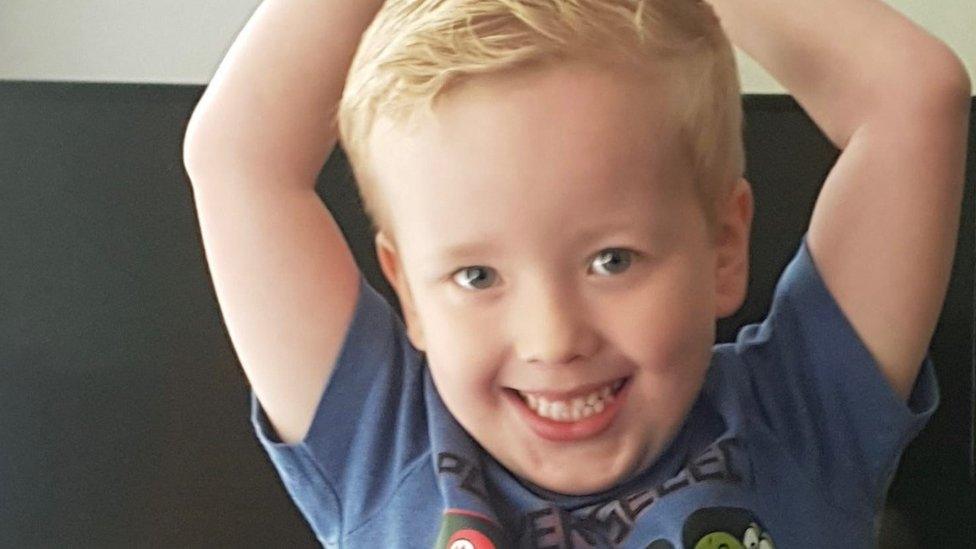Wolverhampton, Dorset and Lincolnshire to trial revamp of children's social care
- Published

Star Hobson died in September 2020 following months of "neglect, cruelty and injury" by her mother and her partner
Wolverhampton, Dorset and Lincolnshire have been chosen to trial new ways of working within children's social care.
The government said it wanted to offer struggling families more early support and better communication between agencies.
It comes after a major child care review in 2022 and reports into the murders of Arthur Labinjo-Hughes and Star Hobson in 2020.
The £45m model aims to keep more children in stable family homes.
It is part of the government's announcement in February that children's social care in England was to be backed by £200m extra funding over two years.
Minister for Children, Families and Wellbeing, Claire Coutinho, told BBC News that through the Families First for Children Pathfinder scheme there would be a focus on child protection and early intervention for families dealing with challenges like addiction and mental health issues.
"[It] is making sure that we can get in early to help those families, support them through that difficult time so they can stay together, making sure that we've got experts child protection services to really make sure that we're acting swiftly and decisively when it comes to the most vulnerable children," she said.
"Also, better working together amongst different agencies, again so you can spot difficulties and better protect and support those families."

Arthur Labinjo-Hughes's death sparked outrage across the country sparking a national review into child protection
While the trial aims to try to prevent similar cases of neglect to that of Arthur Labinjo-Hughes in Solihull, West Midlands and Star Hobson in Keighley, West Yorkshire, Ms Coutinho said she could not guarantee they would not happen again.
"I don't think you can ever say this [these cases] will never happen again because there will always be some families that despite the best efforts of social workers, they can't quite reach them in time," she said.
"But this is the best way to protect children by making sure they've got stable, loving relationships in their life and they've got the best information sharing amongst the agencies that support them."
The trial will try to help keep children with their families safely, while protecting the vulnerable where needed, the government said.
The local authority, partners, voluntary and community sector and local communities will all be involved in the scheme which will adopt a "test and learn" approach with on-going evaluation.
"We want to test the model, see that it's working and that it's helping families ands children in the way that we want it to before we can ultimately roll it out across the nation," Ms Coutinho added.

Follow BBC West Midlands on Facebook, external, Twitter, external and Instagram, external. Send your story ideas to: newsonline.westmidlands@bbc.co.uk, external